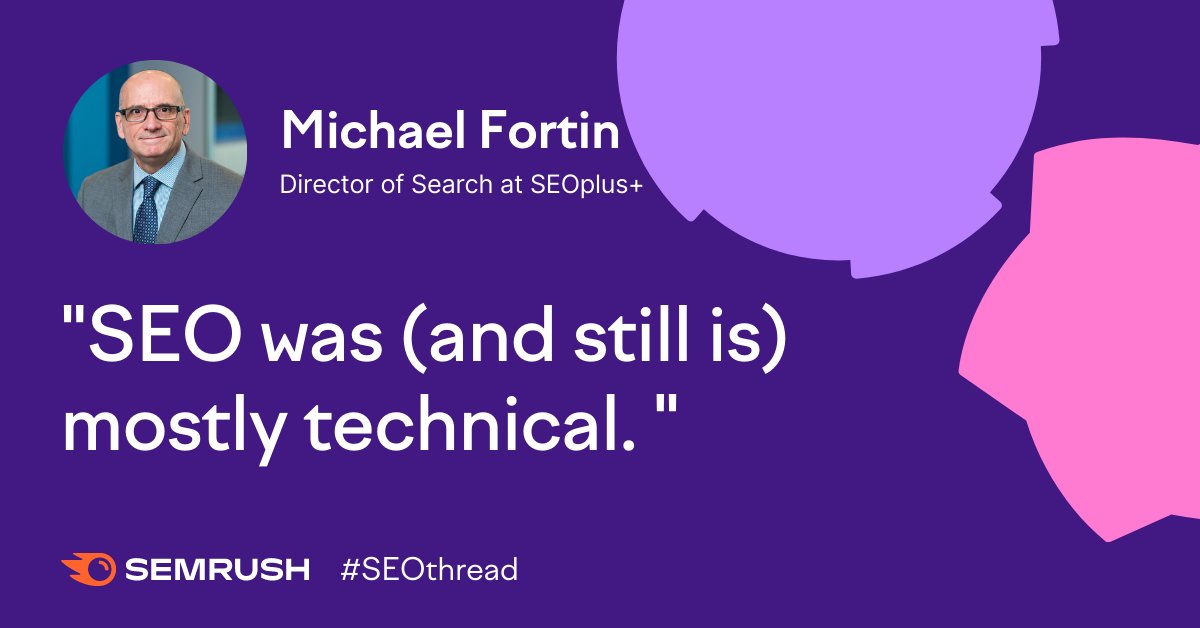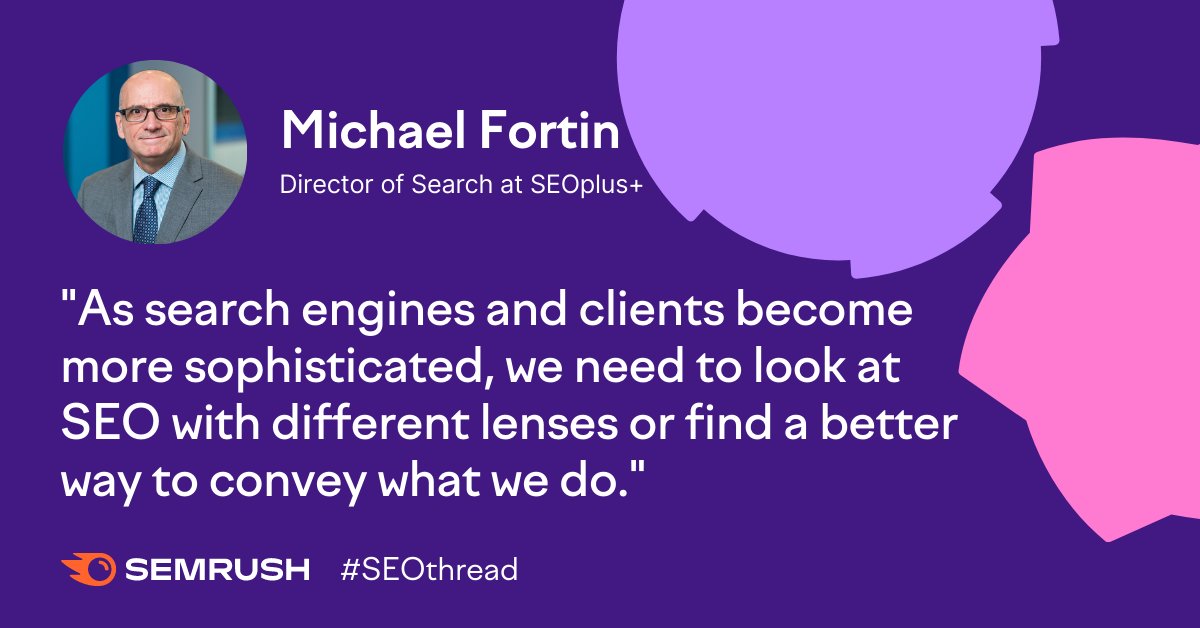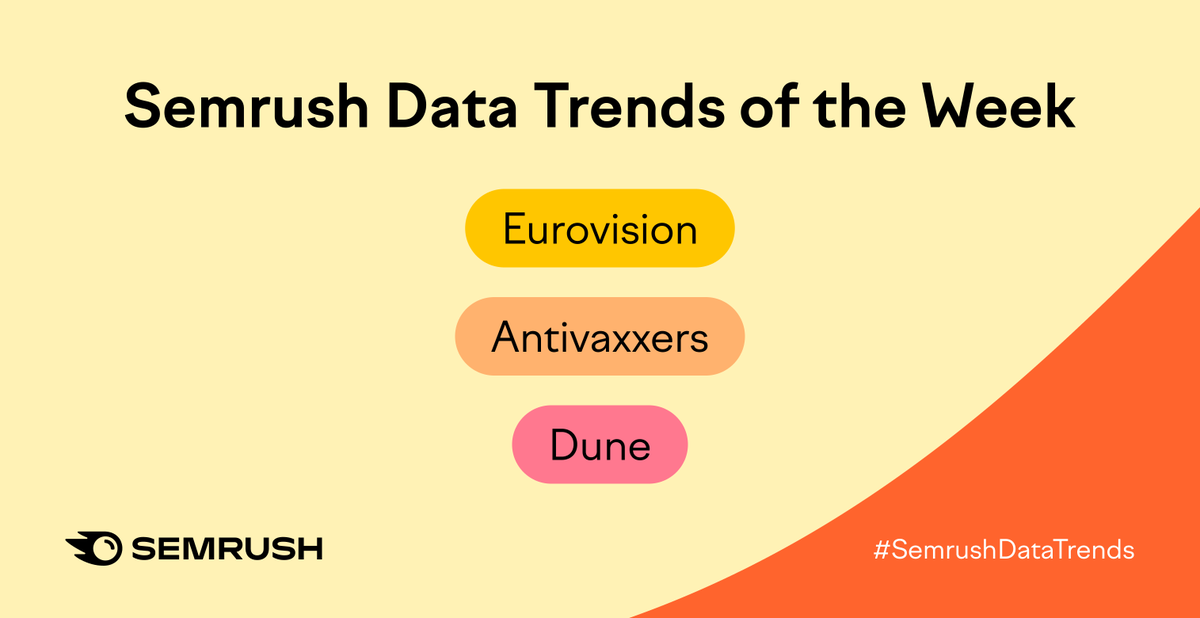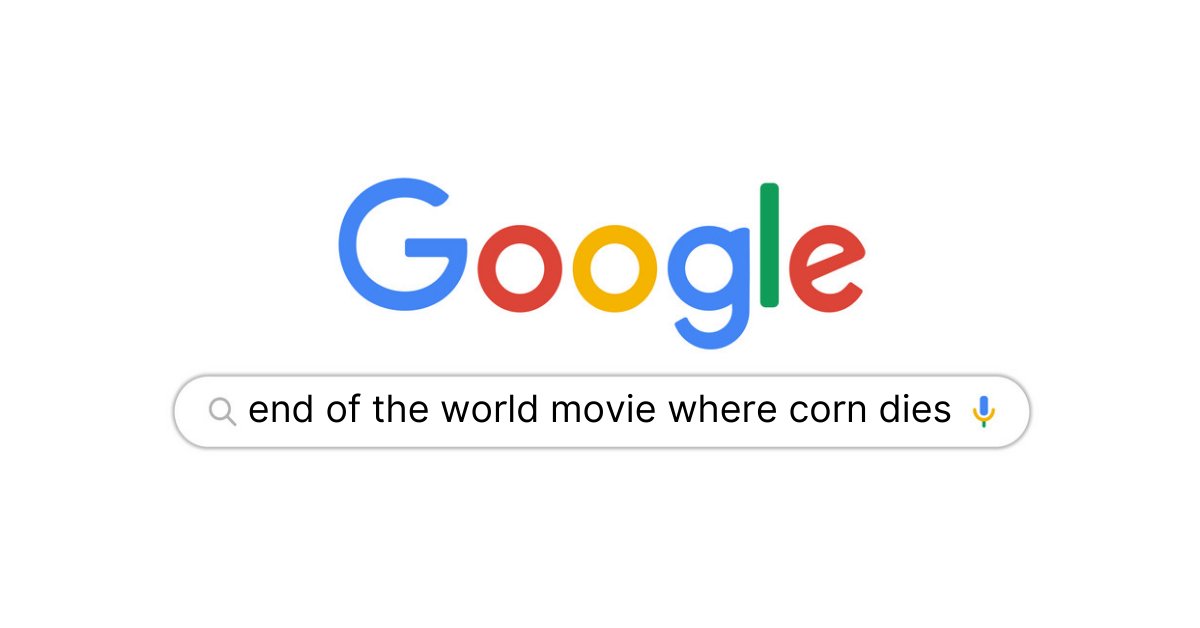
I'm Michel Fortin, Director of Search at @seopluscanada and SEO consultant at @michelfortin. After doing this Internet thing for 30 years, I believe that SEO is undergoing an important shift -- not in what it is or how it's applied, but in how it's perceived.
#SEOthread
#SEOthread

Check Google's Lighthouse and the SEO score is about being findable, crawlable, and indexable. Follow their Webmaster Guidelines, and you're on solid footing. Right? But as we all know, SEO is much more than that.
#SEOthread @michelfortin
#SEOthread @michelfortin

Things like search quality and page experience are becoming increasingly vital. The Search Quality Raters Guidelines talk about E-A-T and meeting needs. We also have search intent, search features, semantic search, and so much more to deal with.
#SEOthread @michelfortin
#SEOthread @michelfortin
While Google has been shouting at us for ages to "create good content," clients who once chased vanity metrics like backlinks and rankings are paying more attention to metrics like search visibility, impression share, and above all, organic growth.
#SEOthread @michelfortin
#SEOthread @michelfortin
@Kevin_Indig calls SEO "growth marketing" and says that SEOs should have a growth mindset. I like that.
#SEOthread @michelfortin
#SEOthread @michelfortin

For me, I like to consider the entire search experience, from "SERP to satisfaction" (as @izzionfire would say), because our goal is to match the user's query with the right content for the right intent delivered in the right format.
#SEOthread @michelfortin
#SEOthread @michelfortin
So while there's plenty of debate around "ranking factors," I prefer to call these "search satisfaction factors." I like SXO (search experience optimization), which is to satisfy the searcher's query and provide them with the best experience in doing so.
#SEOthread @michelfortin
#SEOthread @michelfortin
SXO is not new. It's the combination of SEO and UX. But I like that term because the focus is more on users, who they are, what they're searching for, why they're searching for it, how they're going to consume it, and how they're going to use it.
#SEOthread @michelfortin
#SEOthread @michelfortin
So for SXO, you need to understand your audience and their needs, and provide them with valuable content that supports them throughout their entire search journey -- from answering their questions and solving their pain points, to taking desired actions.
#SEOthread @michelfortin
#SEOthread @michelfortin
Look beyond search queries, volumes, or clicks. When doing your keyword research, answer these three key questions: who is your audience, what is their problem, and how do they talk about it?
#SEOthread @michelfortin
#SEOthread @michelfortin

Thank you for reading, and thanks to @semrush for letting me take over for a few tweets. If you want more, follow me on Twitter.
#SEOthread @michelfortin
#SEOthread @michelfortin
• • •
Missing some Tweet in this thread? You can try to
force a refresh














